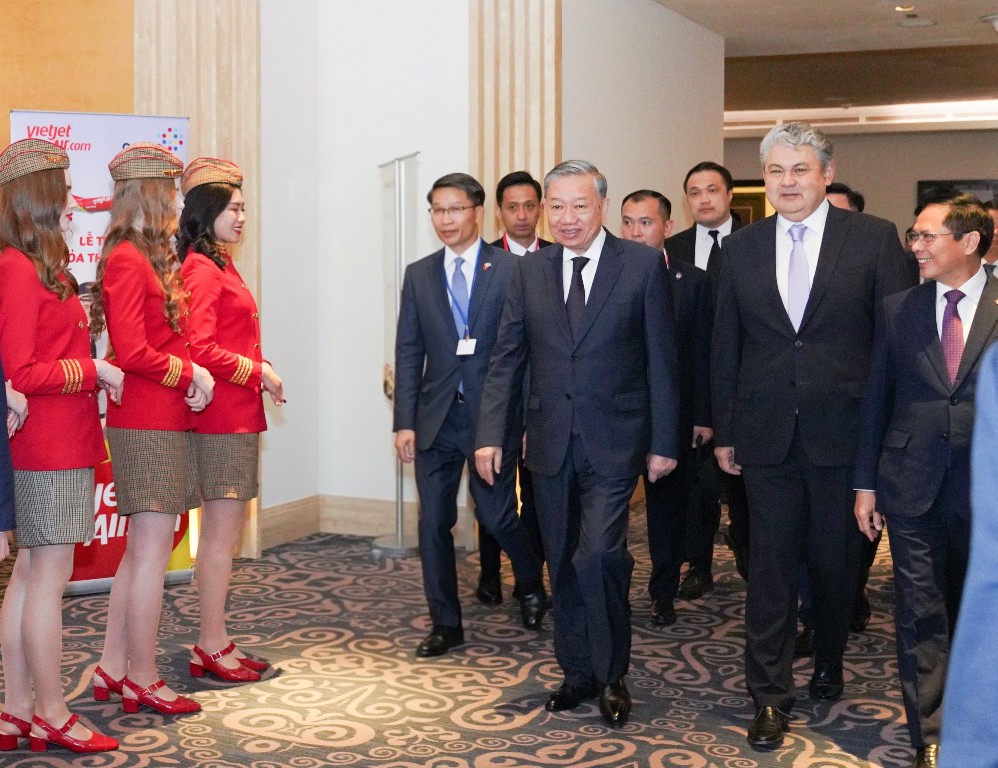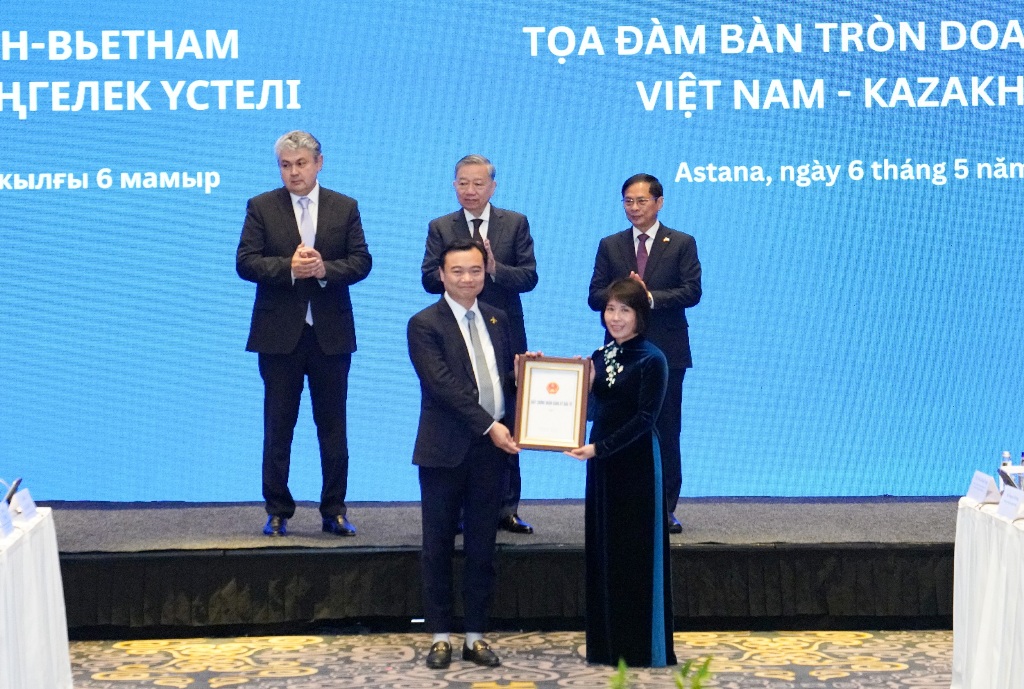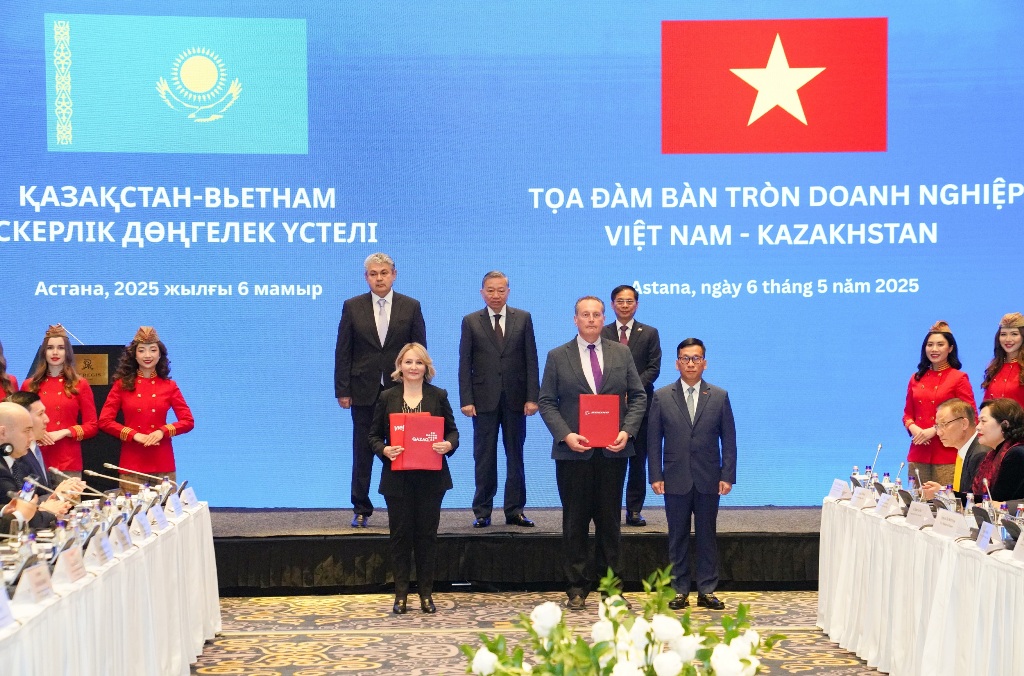Vietjet Unveils New Airline Brand – Vietjet Qazaqstan
Vietjet and Qazaq Air have officially announced a strategic partnership to launch a new airline brand, VietjetQazaqstan, at the Kazakhstan–Vietnam Business Roundtable. The event was held in the presence of Vietnamese General Secretary To Lam as part of his state visit to the Republic of Kazakhstan.
During the event, Vietnam’s
Ministry of Finance granted a Foreign Investment Registration Certificate to
Aviation Holdings, a subsidiary of Vietjet, authorizing its acquisition of a
strategic equity stake in Qazaq Air.

This move marks a key milestone
in Vietjet’s international expansion strategy and aims to deepen bilateral ties
between Vietnam and Kazakhstan across aviation, economic, and cultural domains,
while opening a new chapter for the aviation industry in Central Asia.
Under this partnership, the two
parties will jointly develop and operate VietjetQazaqstan, building on the
existing Qazaq Air platform. As a new-age low-cost airline, VietjetQazaqstan is
expected to become a strategic air bridge connecting Kazakhstan with Vietnam,
Southeast Asia, and global aviation hubs. The airline will meet the growing
travel demand in Kazakhstan while boosting cross-border tourism, trade, and
logistics throughout Asia. It also aims to support local socio-economic growth
through the creation of thousands of high-quality jobs.

Also at the event, VietjetQazaqstanand Boeing signed a Customer Services General Terms Agreement to support the future Boeing 737 fleet operated by VietjetQazaqstan. Under the agreement, Boeing will provide comprehensive services including software solutions, spare parts supply, technical assistance, as well as training programs for pilots and engineers. The partnership also covers aircraft modifications and upgrades to ensure efficient and safe operations.
VietjetQazaqstan is set to
operate a fleet of at least 20 Boeing 737 aircraft, enabling a strong expansion
of its domestic and international route network. The airline will adopt modern
operating models, digital management systems, and advanced training programs
for its workforce, with ongoing technical and operational support from Vietjet.

Vietjet will bring deep expertise
in modern airline operations, cutting-edge technology, and a global partner
network. Its investment in Kazakhstan underscores the pioneering role of a
Vietnamese corporation in fostering multilateral cooperation, transferring
technology, supporting human resource development, modernizing infrastructure,
and enhancing the competitiveness of the regional aviation industry.
This collaborative model not only delivers strong economic values but also serves national interests, strengthens regional connectivity, and contributes to shared prosperity./.